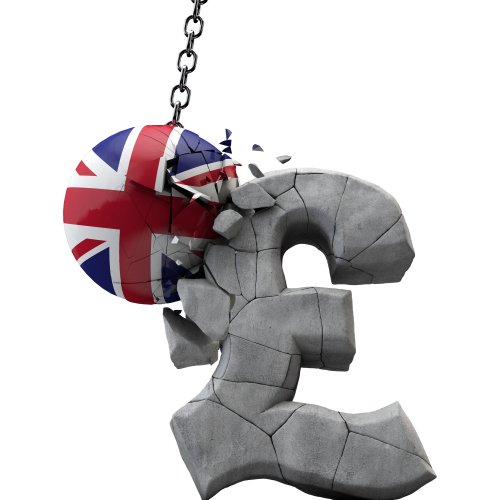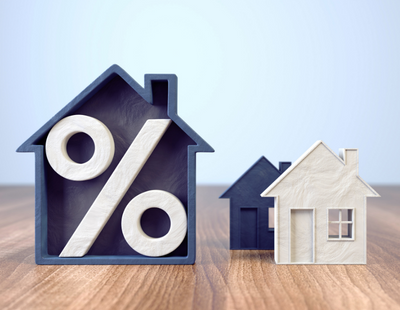Annual house price inflation was highest in the West Midlands where prices increased by 8.6% in the 12 months to February 2023.
London was the English region with the lowest annual growth, where prices increased by 2.9%.
Commenting on the data, Tom Bill, head of UK residential research at Knight Frank, said: “The direction of travel for UK house prices is clearly down but a cliff-edge moment feels unlikely.
“After the shock of the mini-Budget, we are entering a new normal with mortgage rates at their 25-year average.
“We expect prices to fall by a few percent this year as more financial pain enters the system but the landing will be comparatively soft thanks to a strong jobs market, savings accumulated during the pandemic, record-high levels of housing equity and the large proportion of people who move because they need to.”
Alex Lyle, director of Richmond estate agency Antony Roberts, suggested the market has moved on since February, adding: “February seems a long time ago now and the market moves on apace – over the Easter break we have had plenty of new enquiries with busy diaries this week and the weekend ahead. Now that the sun’s coming out, the housing market appears to be picking up accordingly.
“There is no single housing market with regional differences and variations within regions. Quality houses with desirable addresses continue to be well received by buyers, who are meeting, if not exceeding, asking prices. We are finding that prices in the £1.5m-plus family home market are holding well, with 98%of the asking price on average being achieved in the first quarter of this year.
“The market for flats is not proving as strong as houses, with prices more sensitive due to less demand. It is essential that vendors price correctly and are not overly optimistic if they are to achieve a successful sale.”
But Charlotte Nixon, mortgage expert at Quilter, questioned how long the housing market can stand up to continued high levels of inflation.
She said: “While we have once again recorded another small drop of 1% in house prices this month, the market remains relatively resilient in the face of what is serious economic headwinds.
“But inflation remains incredibly stubborn. This will naturally translate into lower house prices as disposable income is sucked up by higher costs.
“That said, consumer confidence does seem to be returning as while mortgage rates are still much higher than people are used to, they have stabilised around the 4.5% mark.
“This will naturally have to creep up if there are further interest rate rises but for the most part homeowners are weathering these increased costs well and so far not completely disincentivising house purchases.
“Spring and summer typically represent a busy period for the housing market and the next few months will act as a bellwether for the continued health of the property market and how much demand is out there.”
She said the Government has only got so long to try and turn the economy around before the next election and in the face of a landslide defeat the Tories may opt for some crowd-pleasing policies that turn voter’s heads.
Nixon added: “One such measure would be to abolish Stamp Duty for good.
“Stamp Duty is an unpopular tax that actually does not bring huge revenue for the government but also has a significant role in gluing up the housing market. Getting rid of it could breathe life into the somewhat ailing market and help incentivise older homeowners in properties too large of their needs to downsize ultimately helping to create a more dynamic and fluid housing marketplace.”
















.png)


.png)




Join the conversation
Be the first to comment (please use the comment box below)
Please login to comment